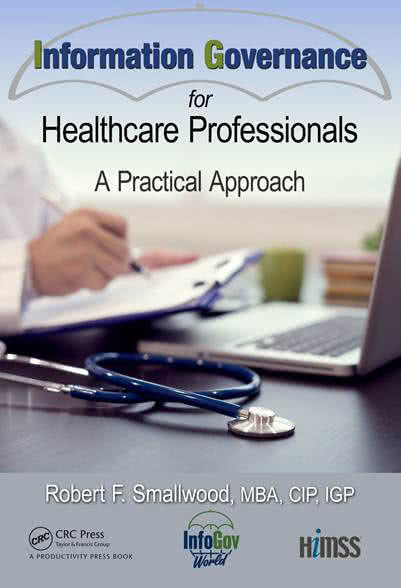New InfoGov in Healthcare Book Addresses High Rate of Medical Mistakes Killing Americans
It could very well be that bad information is killing Americans at record rates.
Medical mistakes kill over 250,000 people each year in the U.S.
It is the third leading cause of death overall, behind heart disease and cancer, according to a study by doctors at Johns Hopkins.[i] These numbers are certainly low, since they do not include deaths at nursing homes, surgery centers, and in-home care settings.
The United States has the most expensive healthcare in the world: the most advanced equipment, the most advanced medicines, the best-trained doctors—yet in a recent study of healthcare quality the U.S. came in dead last out of 11 civilized nations.[ii] The U.K., Switzerland and Sweden topped the list.
The U.S. healthcare problem is not due to poor training, inferior equipment, inferior medicines, or lack of financial resources. No, the problem is likely primarily a failure to get the right information to the right people at the right time; that is, caregivers must have accurate, current clinical information to do their jobs properly.
This is an information governance (IG) issue that has life or death consequences. It can be fixed, but healthcare professionals must gain the necessary education and tools, collaborate with experts and each other, and gain executive management support for IG programs.
Robert Smallwood’s new book, Information Governance for Healthcare Professionals: A Practical Approach (HIMSS/CRC, 2018) is the playbook for healthcare organizations to implement effective Information Governance programs to address to critical medical mistake issue in the U.S., and beyond.
recent posts
You may already have a formal Data Governance program in [...]

